GĐXH - Premenopausal and menopausal women are always at risk of osteoporosis, because this is the stage when women have strong hormonal changes...
Osteoporosis in menopause and premenopause is a cause for concern?
Women in premenopause and menopause often have many health problems, including osteoporosis.
Osteoporosis is a disease characterized by damage to the microscopic structure of bones, reducing the mineral density of bones combined with deterioration of bone structure, making bones thin and weak to the point of being easily broken even with very minor trauma, and can even break spontaneously.
For women of pre-menopausal and menopausal age, there is always a risk of osteoporosis. Because this is the stage when women have strong hormonal changes, the lack of female hormones (estrogen) will accelerate the progression of osteoporosis.
To effectively treat and prevent the disease, early detection and timely treatment combined with a proper diet, lifestyle and work are essential. This helps avoid the adverse consequences of osteoporosis , prolonging youth and longevity for each person.
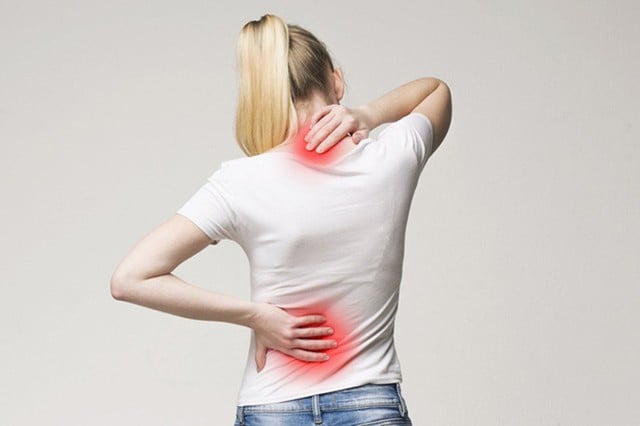
Signs of osteoporosis in menopause and premenopause
Usually, osteoporosis develops silently, without obvious signs, so it is difficult to detect. It is usually only recognized when the bones weaken and have some specific symptoms such as:
- Changes in body shape: Hunchback, reduced height (late stage of the disease).
- Vague pain in the spine , pain along the long bones (especially the shin bones), muscle pain, chills, frequent muscle cramps; real pain in the spine, pain spreading along the intercostal space, pain when sitting for a long time, when changing position. Can be chronic or acute pain after injury (wrist fracture, vertebral compression fracture, femoral neck fracture...).
- When measuring bone mineral density (BMD) Tscore
Foods that help prevent osteoporosis during menopause and premenopause
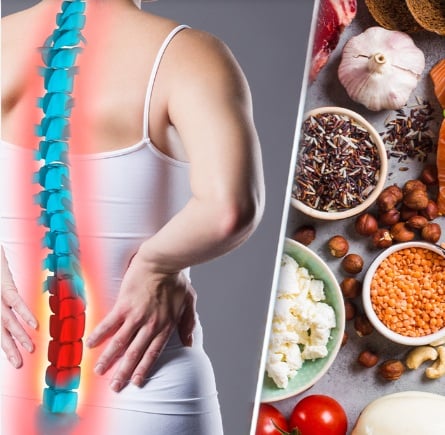
Illustration photo
Supplement enough calcium
Postmenopausal women should consume two to four servings of dairy products and other calcium-rich foods each day. Calcium is found in dairy products, cold-water fish, shrimp, broccoli, and beans. Adequate calcium intake for women 51 and older is about 1,200 mg per day.
Increase iron intake
Iron is abundant in lean red meat, poultry, fish, eggs, green leafy vegetables, nuts, and cereals. The amount of iron needed for menopausal women per day is 8mg.
Provide enough fiber
Fiber is mainly obtained from whole grains, breads, pasta, rice, fresh fruits, and green vegetables. An adult woman needs to get about 21 grams of fiber per day. Every day, women should eat 1.5 cups of fruit and 2 cups of vegetables to provide enough fiber for the body. Fiber and essential vitamins will help increase the absorption of calcium in the bones, helping to increase bone density significantly.
Drink plenty of water
70% of the body is water, so it is necessary to regularly replenish water to ensure that organs, especially digestion and excretion, operate smoothly. On average, 8 glasses of water a day will help the body transport substances more effectively.
Collagen supplement
Collagen is one of the components of cartilage, so supplementing collagen will help increase cartilage strength, elasticity and flexibility, effectively limiting osteoarthritis. Collagen can be found in dark green vegetables such as kale, watercress, cauliflower...
Reduce fatty foods
Fat will increase the amount of cholesterol in the blood as well as increase the risk of cardiovascular disease. Popular foods such as fatty meat, whole milk, cheese, etc. contain a lot of fat, so should be limited in the daily diet.
Source: https://giadinh.suckhoedoisong.vn/chi-em-u50-can-biet-dieu-nay-de-phong-ngua-loang-xuong-tuoi-man-kinh-tien-man-kinh-172241023113815788.htm



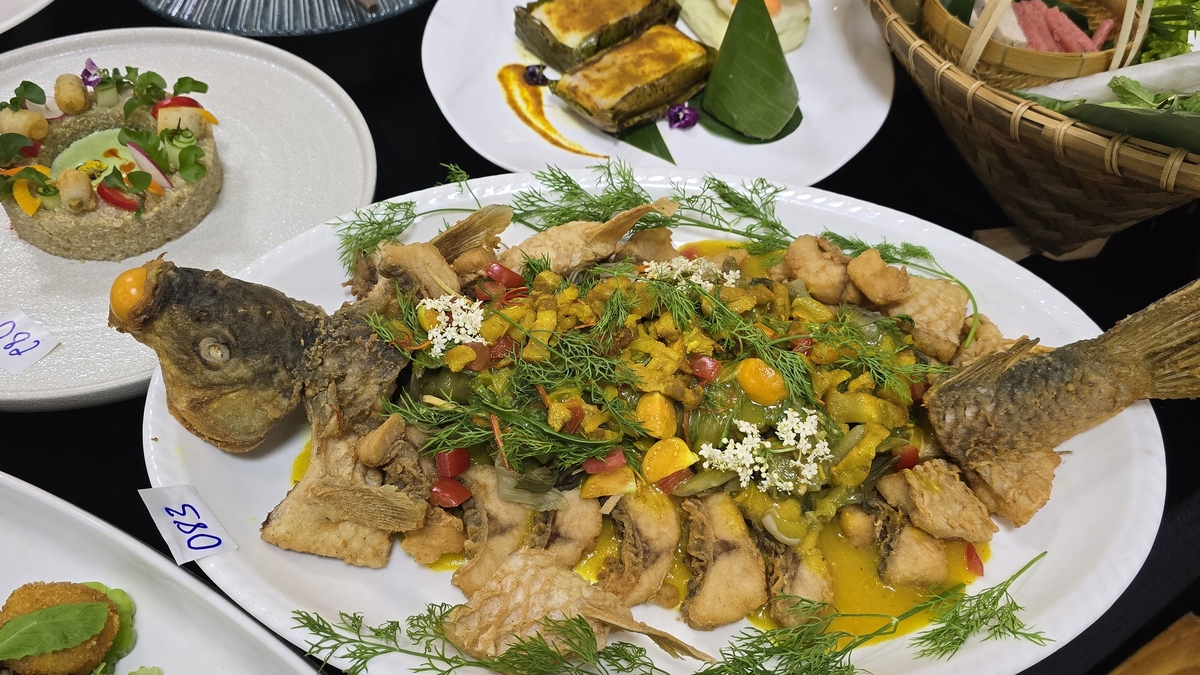



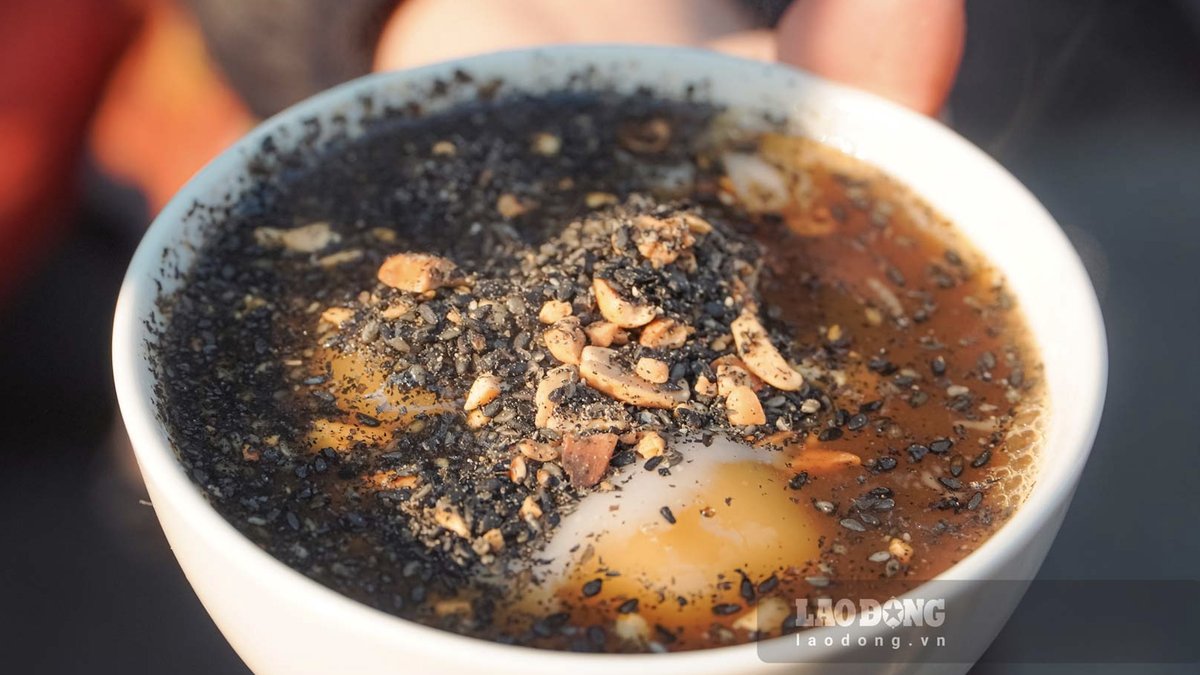






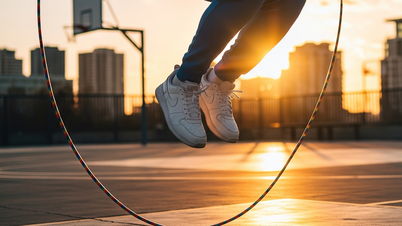
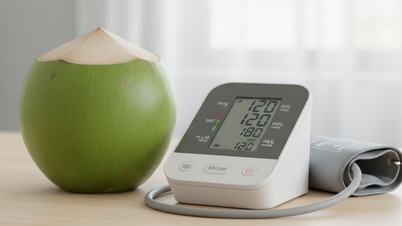
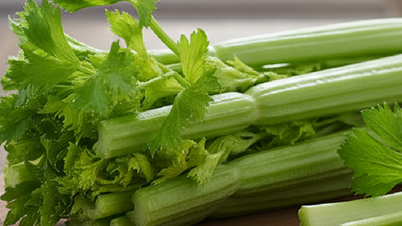
![[Video] Vietnam pioneers in applying AI in healthcare](https://vphoto.vietnam.vn/thumb/402x226/vietnam/resource/IMAGE/2025/10/25/1761354209315_720-jpg.webp)



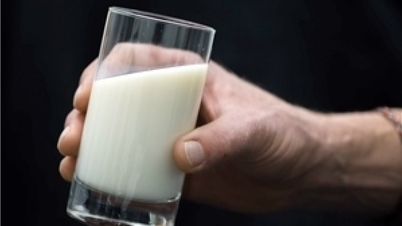

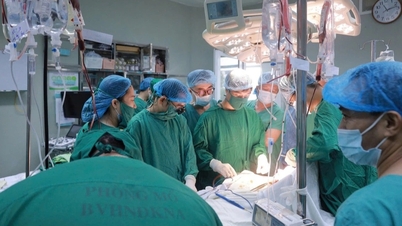
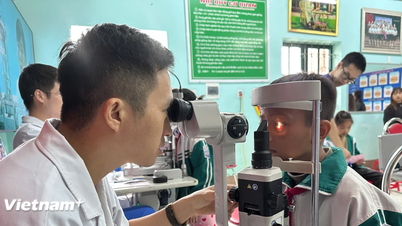





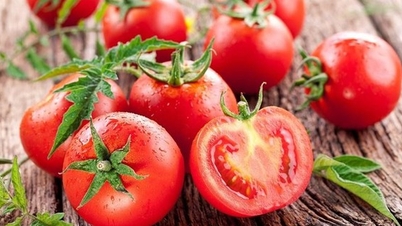
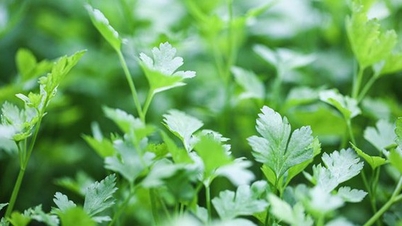
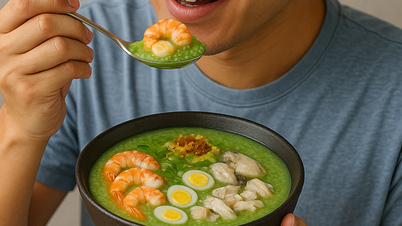
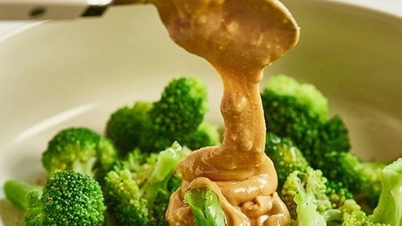

![[Photo] President Luong Cuong chaired the welcoming ceremony and held talks with United Nations Secretary-General Antonio Guterres](https://vphoto.vietnam.vn/thumb/1200x675/vietnam/resource/IMAGE/2025/10/24/1761304699186_ndo_br_1-jpg.webp)






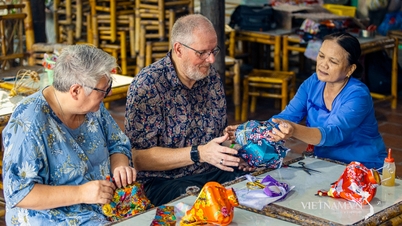


























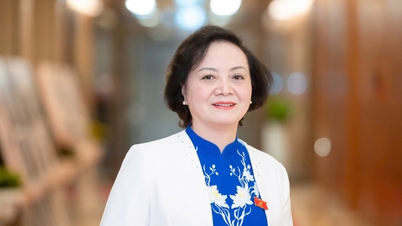














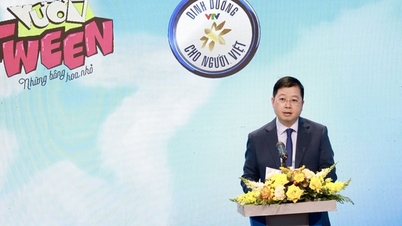




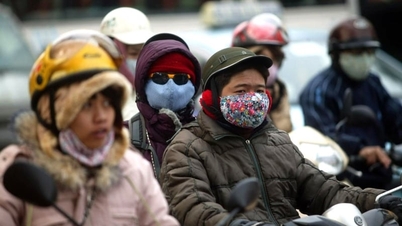



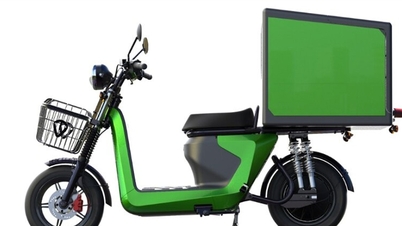

















Comment (0)